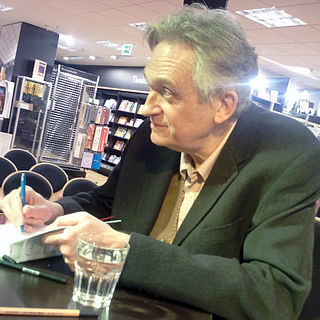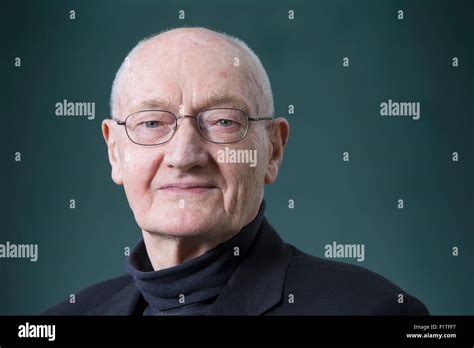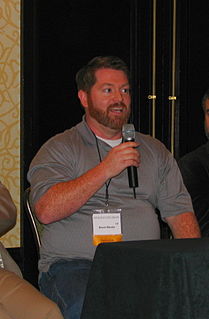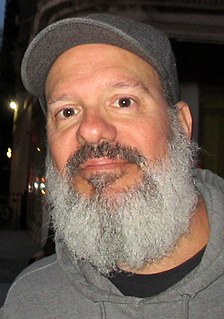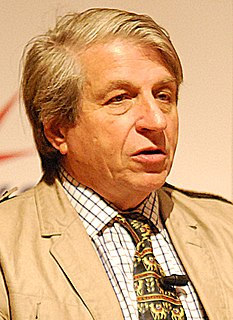A Quote by Francois Lelord
You must be careful when you ask people whether they’re happy; it’s a question that can upset them a great deal.
Related Quotes
And one day we must ask the question, "Why are there forty million poor people in America?" And when you begin to ask that question, you are raising questions about the economic system, about a broader distribution of wealth. When you ask that question, you begin to question the capitalistic economy.
No one should ever ask themselves that: why am I unhappy? The question carries within it the virus that will destroy everything. If we ask that question, it means we want to find out what makes us happy. If what makes us happy is different from what we have now, then we must either change once and for all or stay as we are, feeling even more unhappy.
If you are happy, you are happy; nobody asks you why you are happy. Yes, if you are miserable, a question is relevant. If you are miserable, somebody can ask why you are miserable, and the question is relevant - because misery is against nature, something wrong is happening. When you are happy, nobody asks you why you are happy, except for a few neurotics. There are such people; I cannot deny the possibility.
"Did God have a mother?" Children, when told that God made the heavens and the earth, innocently ask whether God had a mother. This deceptively simple question has stumped the elders of the church and embarrassed the finest theologians, precipitating some of the thorniest theological debates over the centuries. All the great religions have elaborate mythologies surrounding the divine act of Creation, but none of them adequately confronts the logical paradoxes inherent in the question that even children ask.
The gentleman has nine cares. In seeing he is careful to see clearly; in hearing he is careful to hear distinctly; in his looks he is careful to be kind, in his manner to be respectful, in his words to be sincere, in his work to be diligent. When in doubt he is careful to ask for information; when angry he has a care for the consequences; and when he sees a chance for gain, he thinks carefully whether the pursuits of it would be right.
Why do you keep saying incarnations like I’m some kind of god?” It wasn’t a great question, but the real questions were so big that Kylar didn’t even know how ask them. “You are worshipped in a few remote areas where your master wasn’t very careful about showing the full extent of his powers.” “What?!
I divide the word into learners and nonlearners. There are people who learn, who are open to what happens around them, who listen, who hear the lessons. When they do something stupid, they don't do it again. And when they do something that works a little bit, they do it even better and harder the next time. The question to ask is not whether you are a success or a failure, but whether you are a learner or a nonlearner.
The question should not be whether or not police are allowed to confront suspects; it should be about how we train them. The question should not be whether we have police; it should be how we use them. The question should not be whether judges should have the ability to protect New Yorkers from violent offenders; it should be how we let them.
